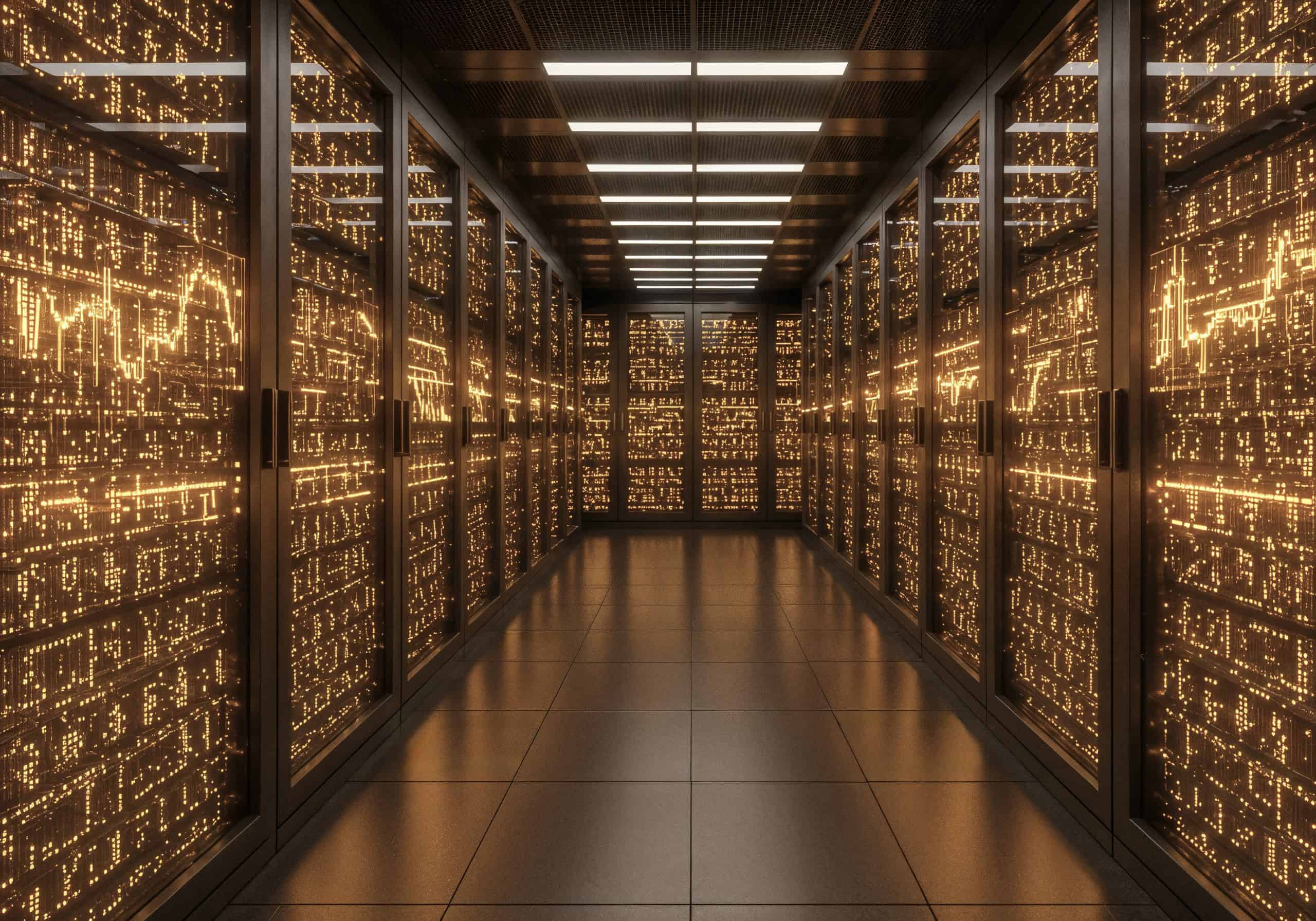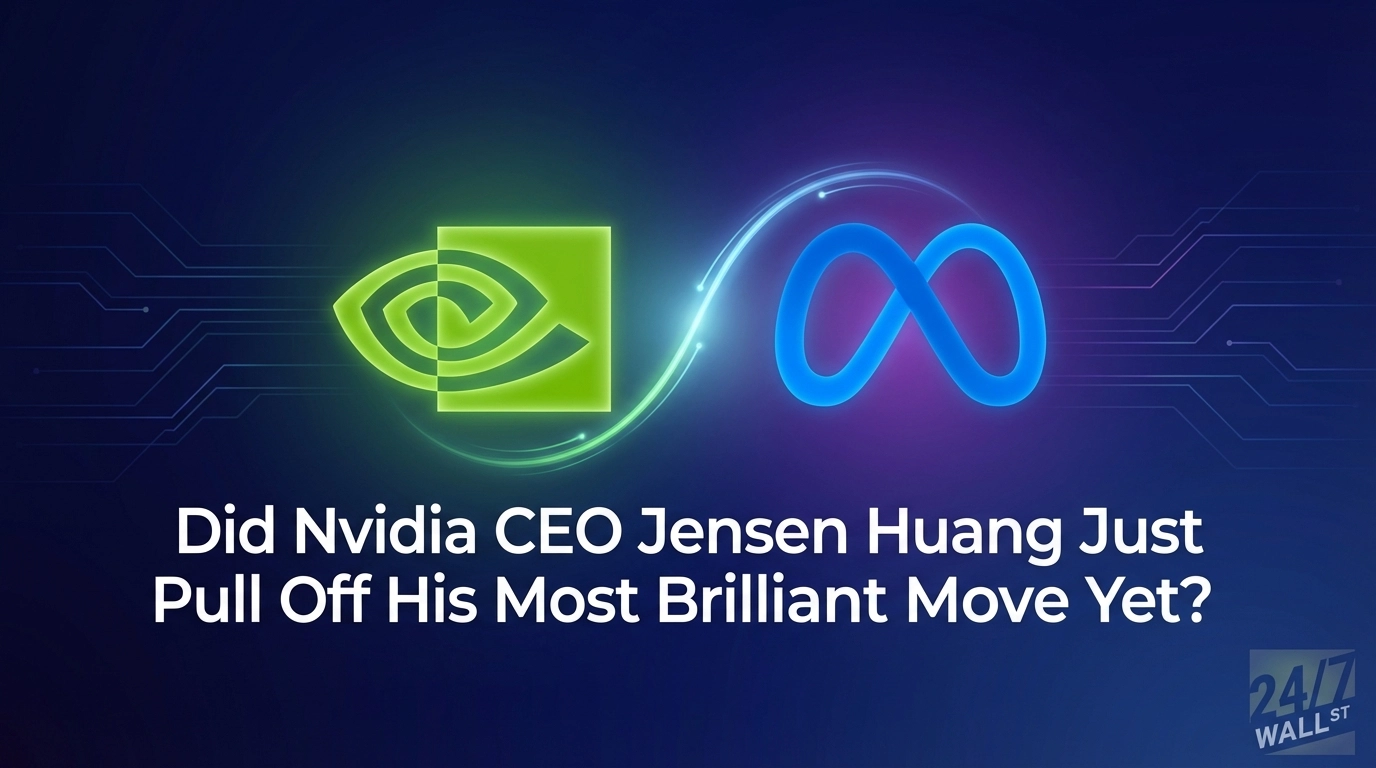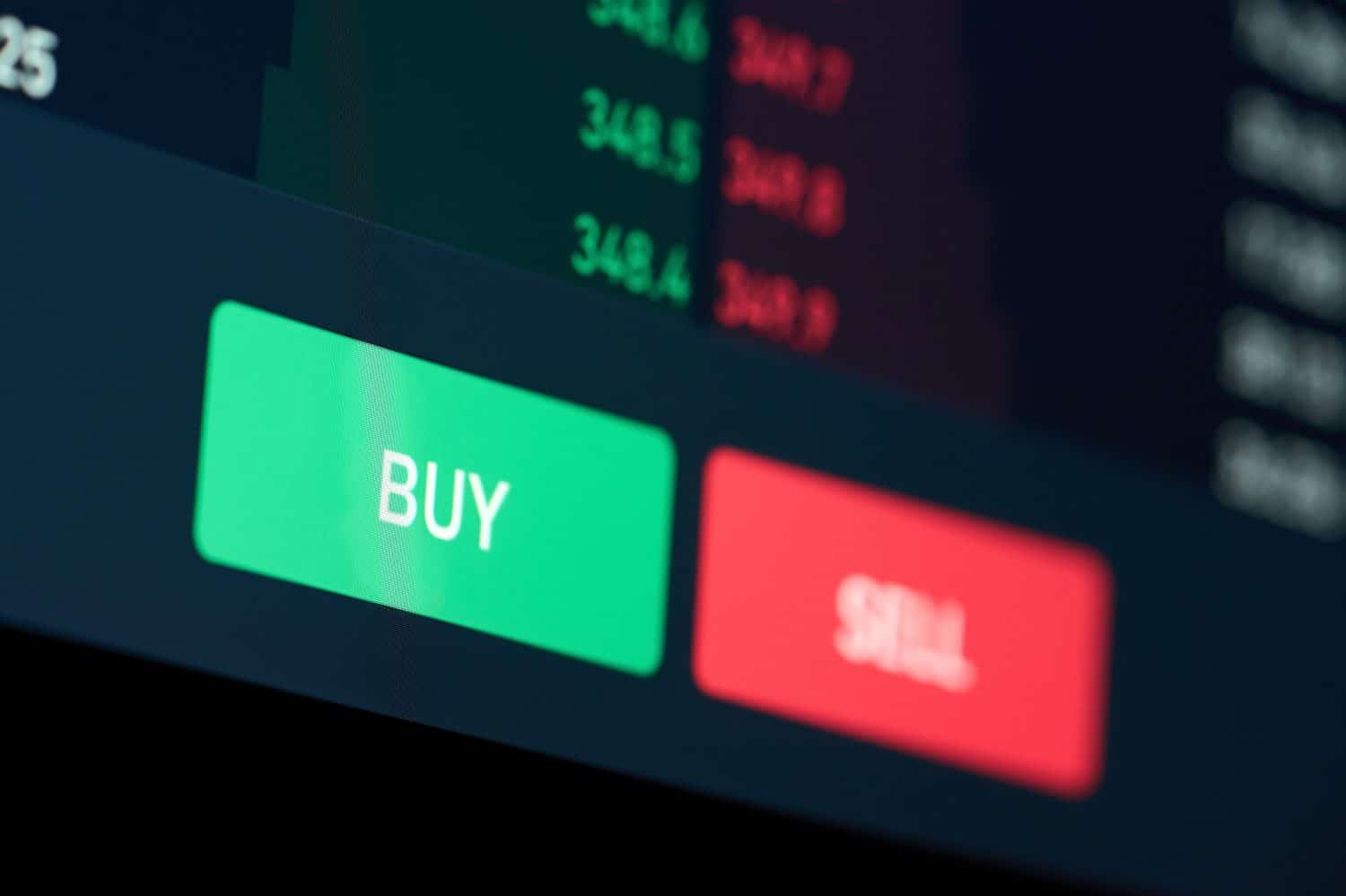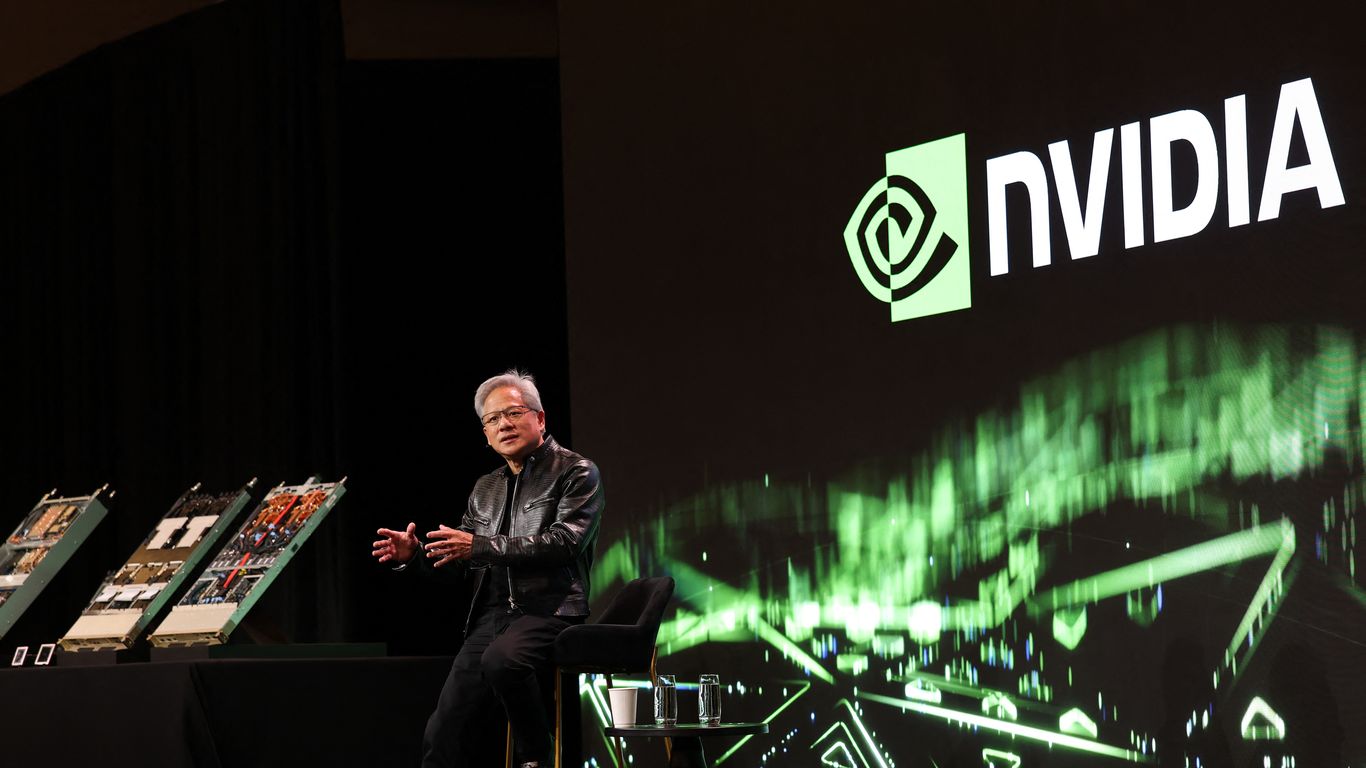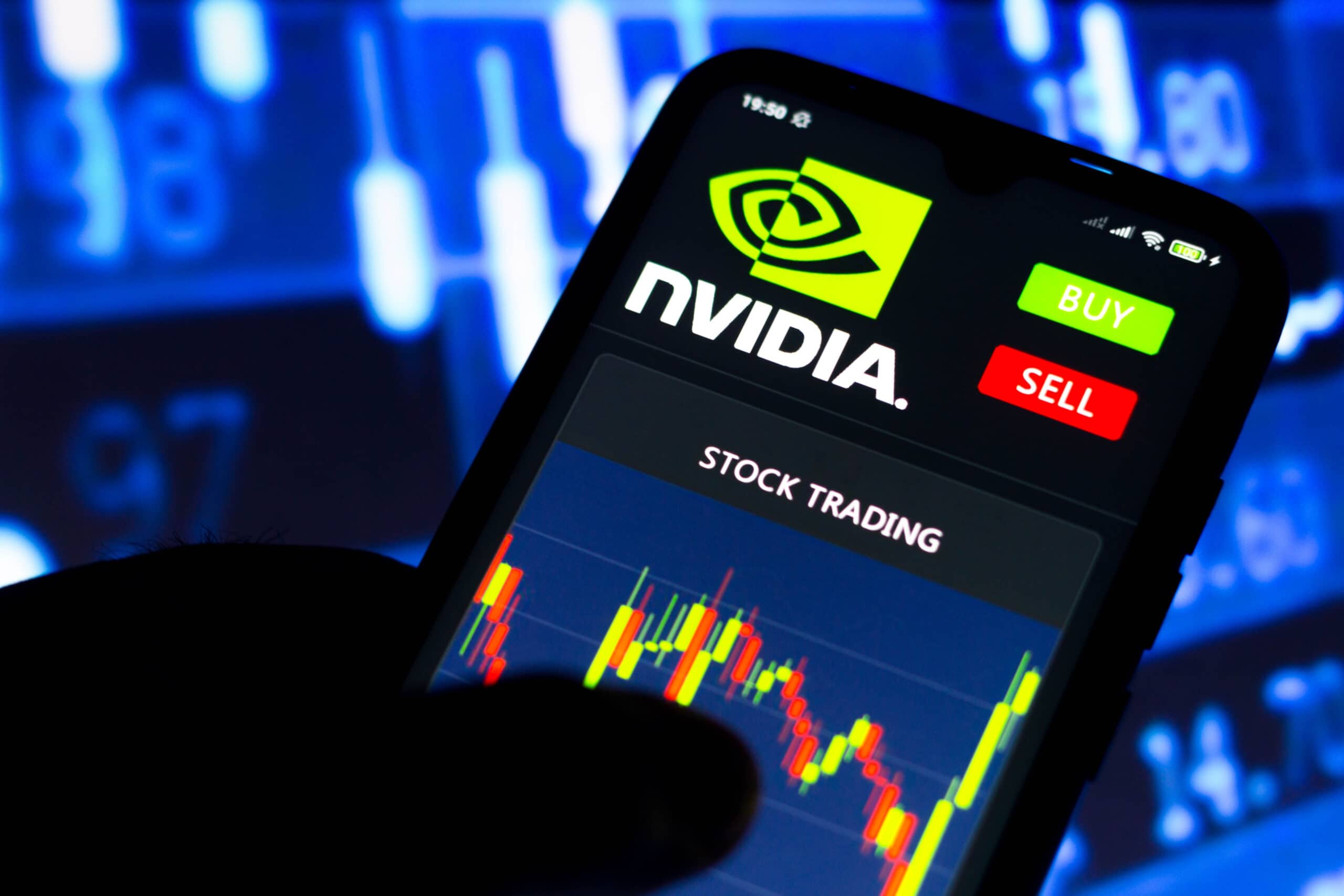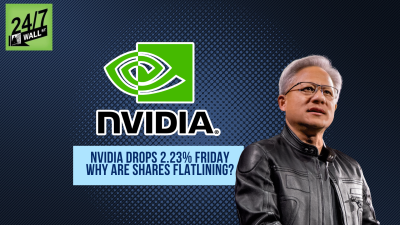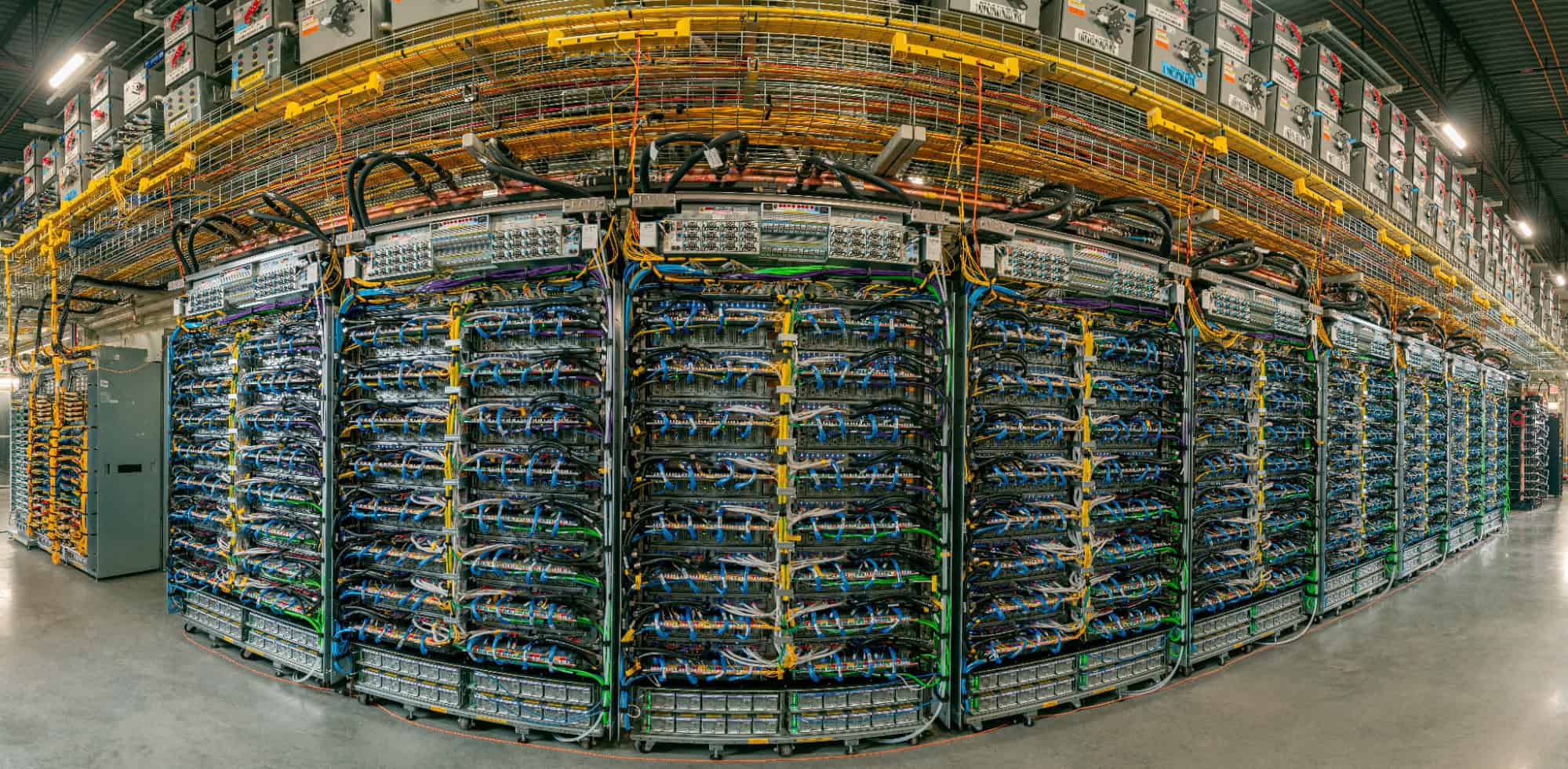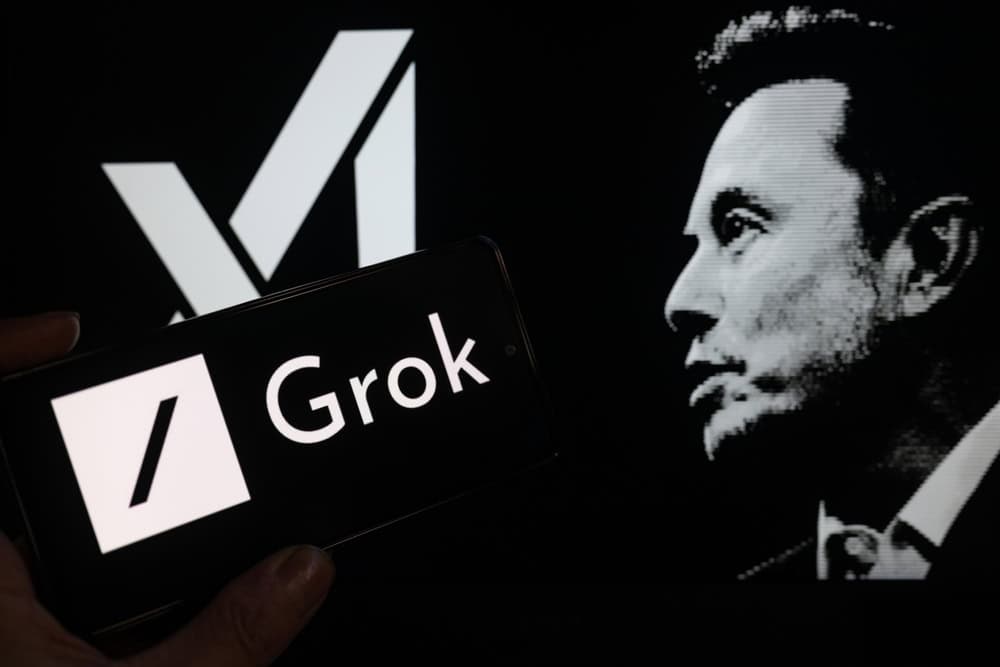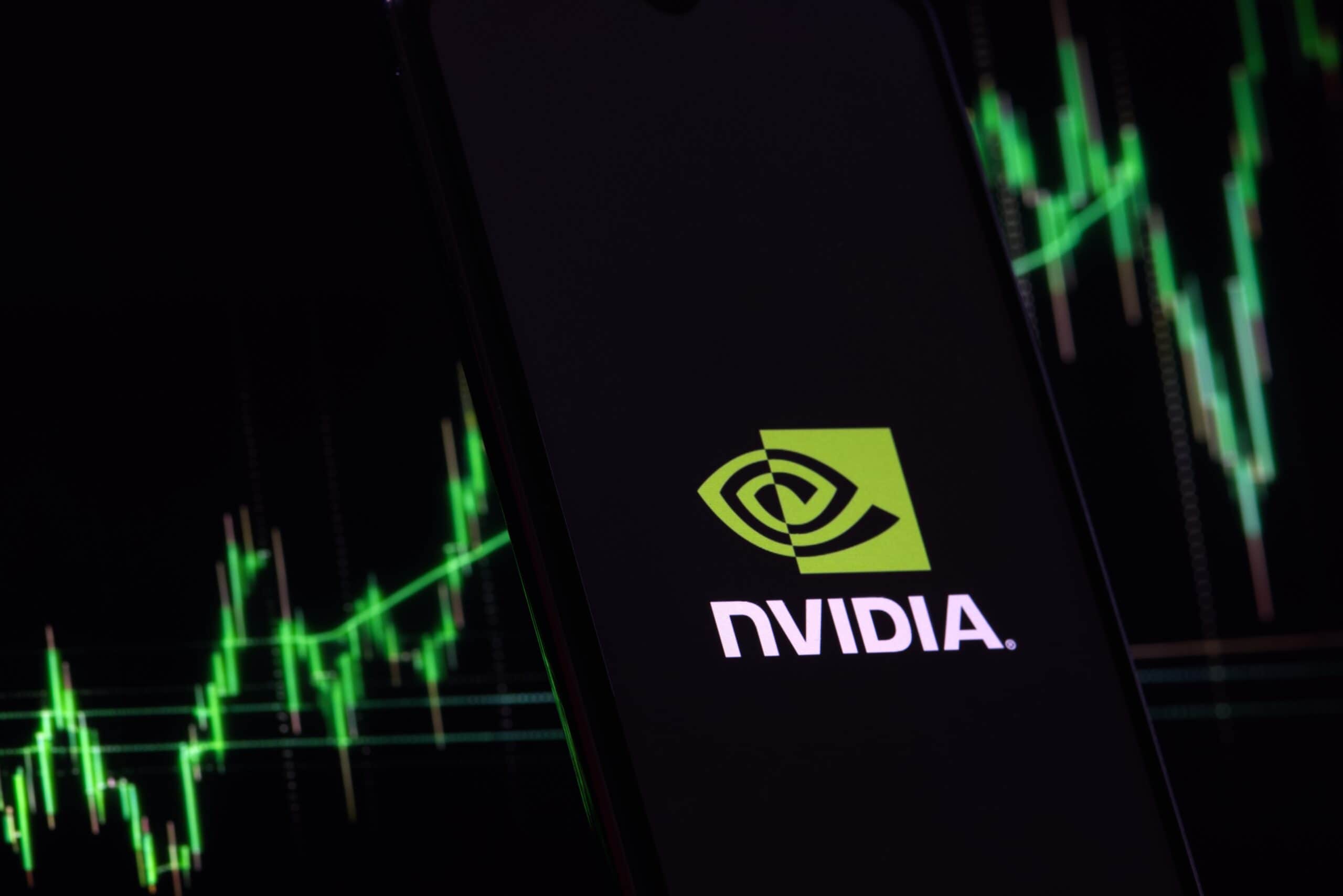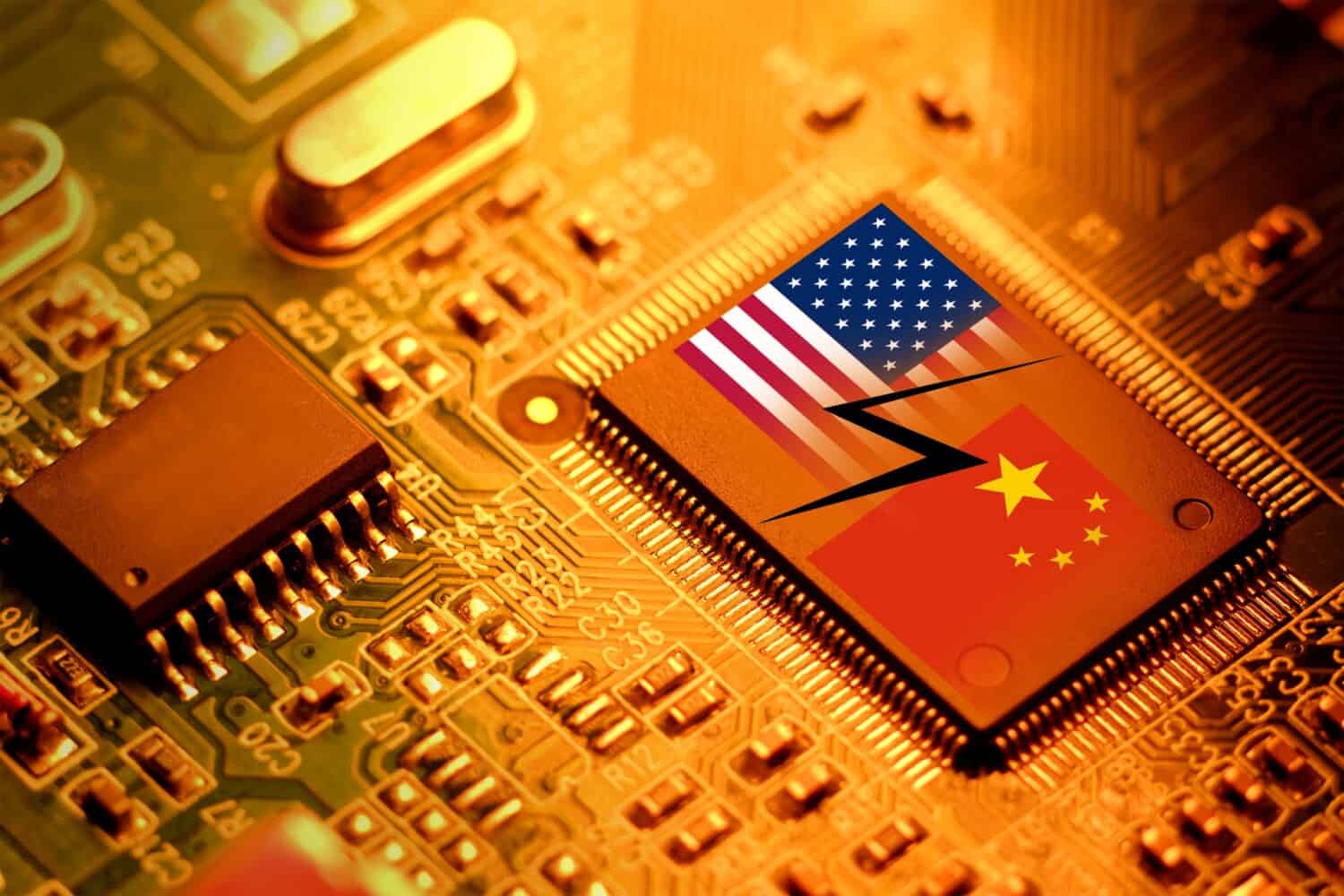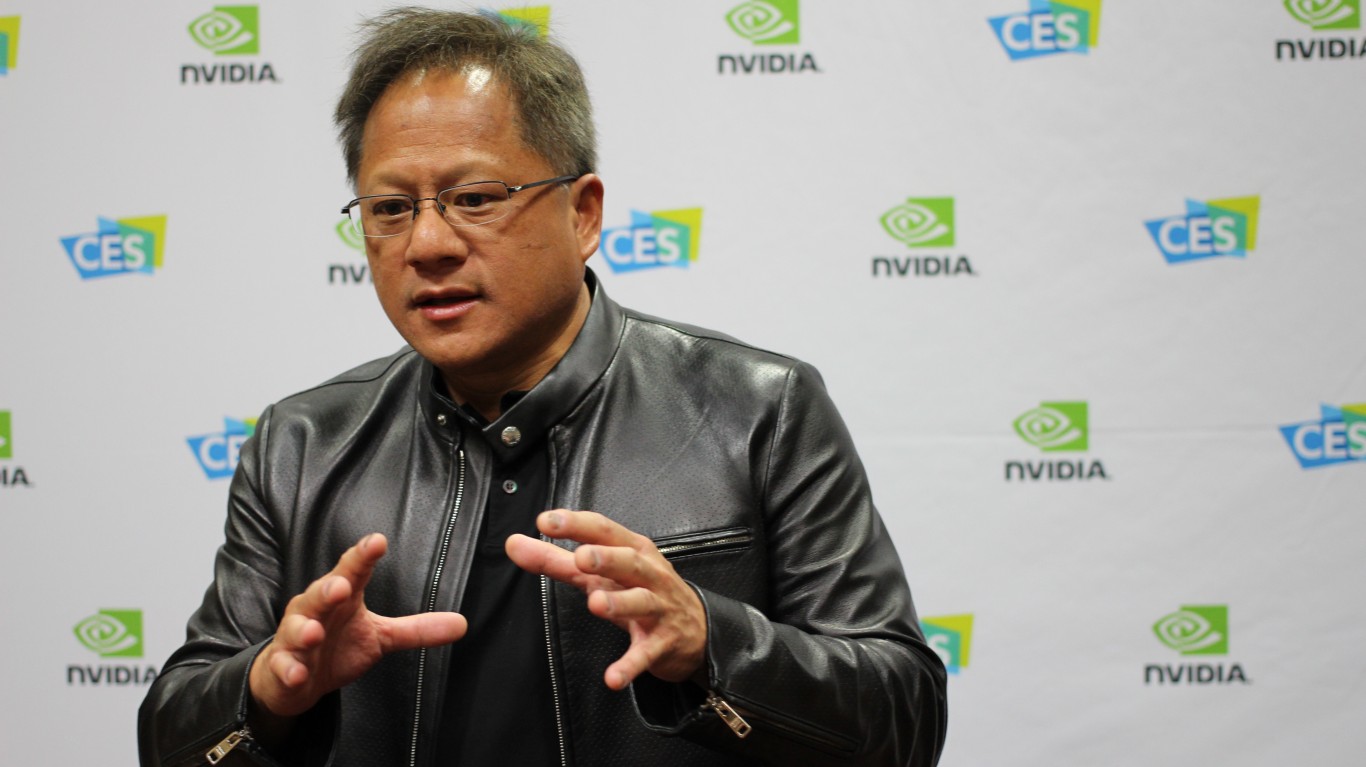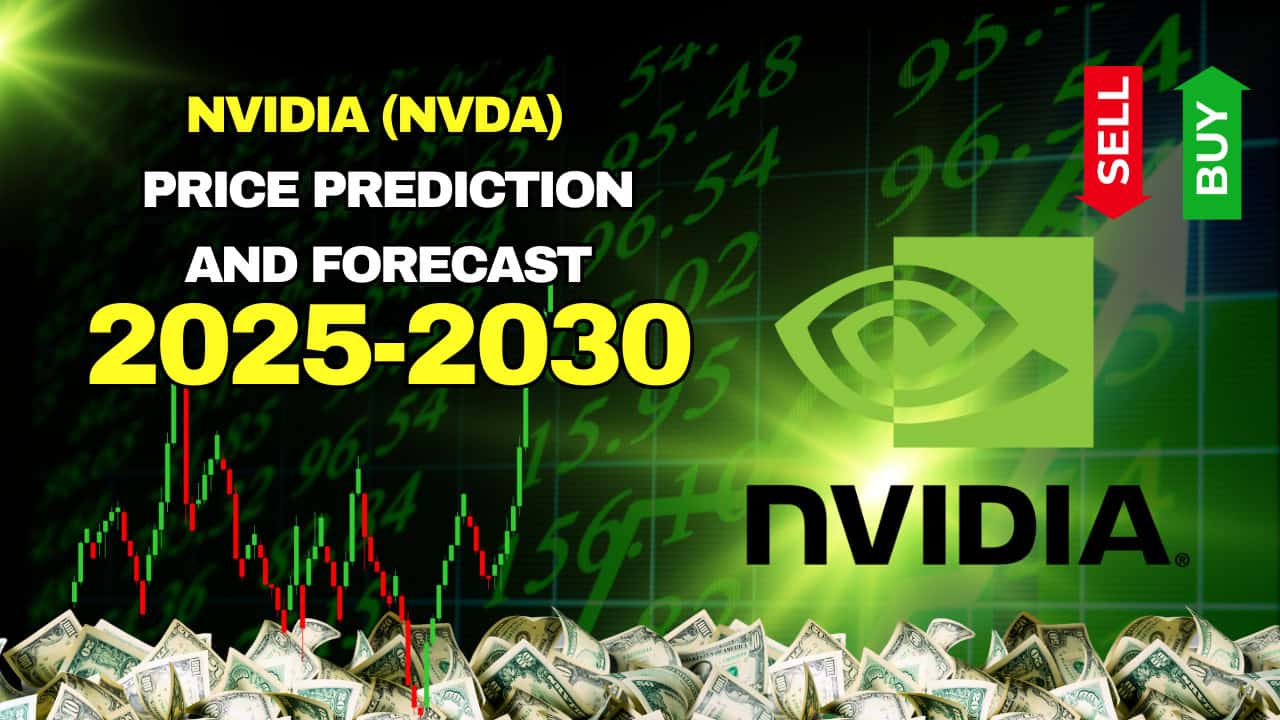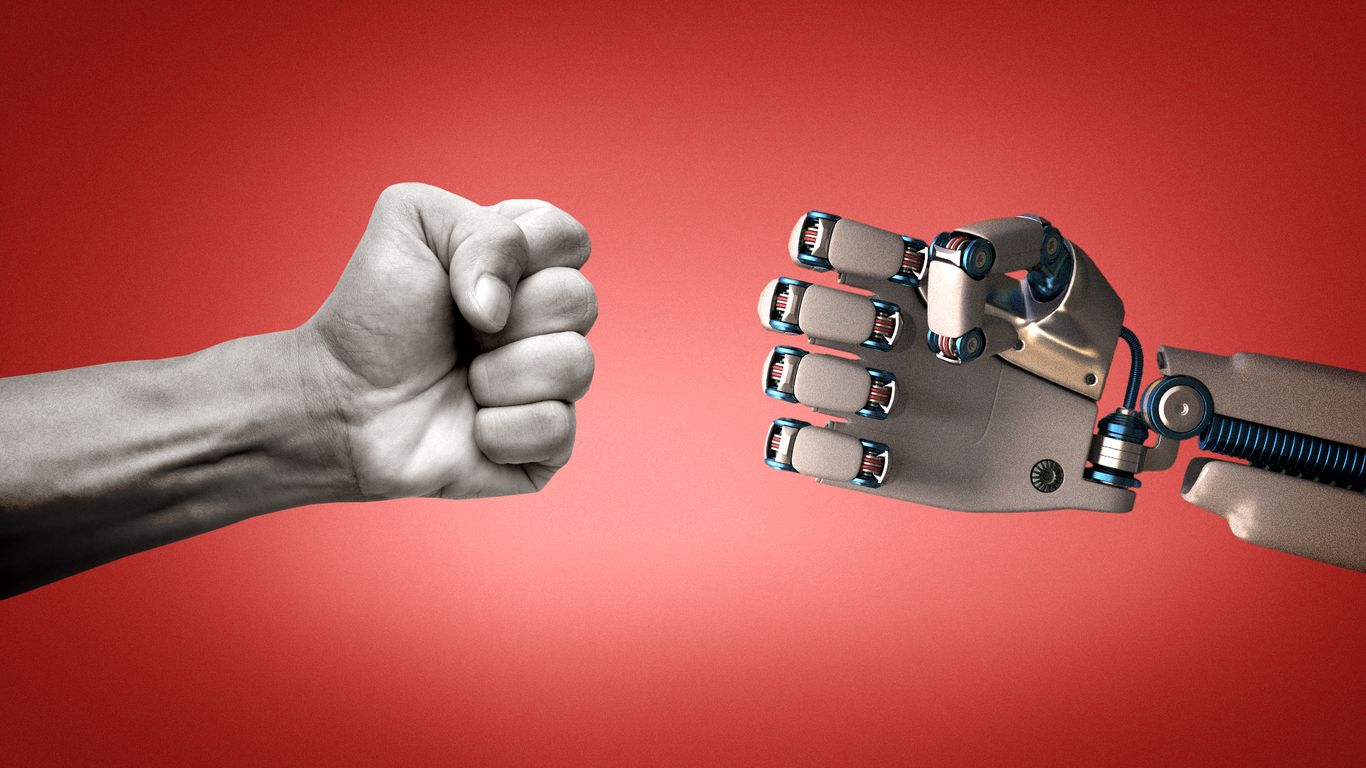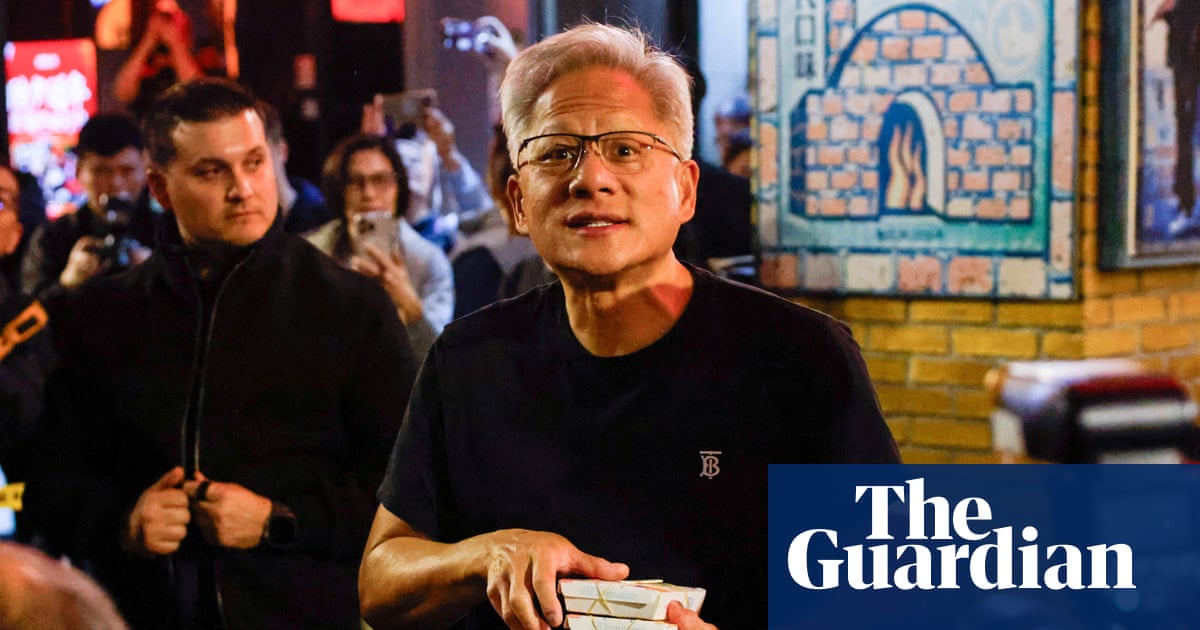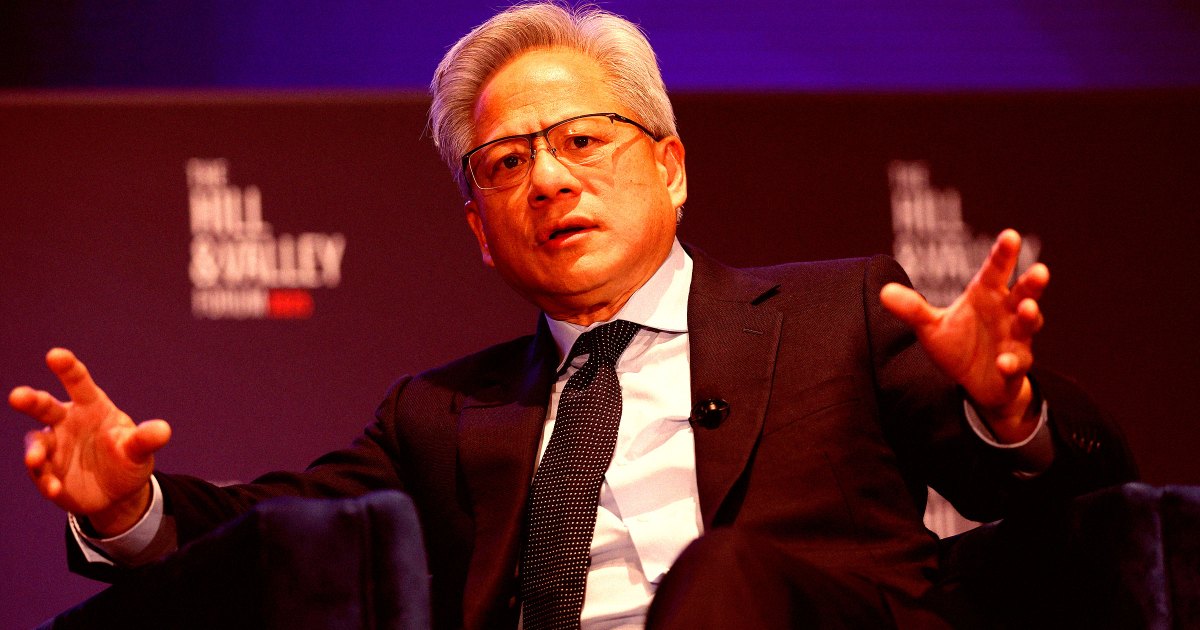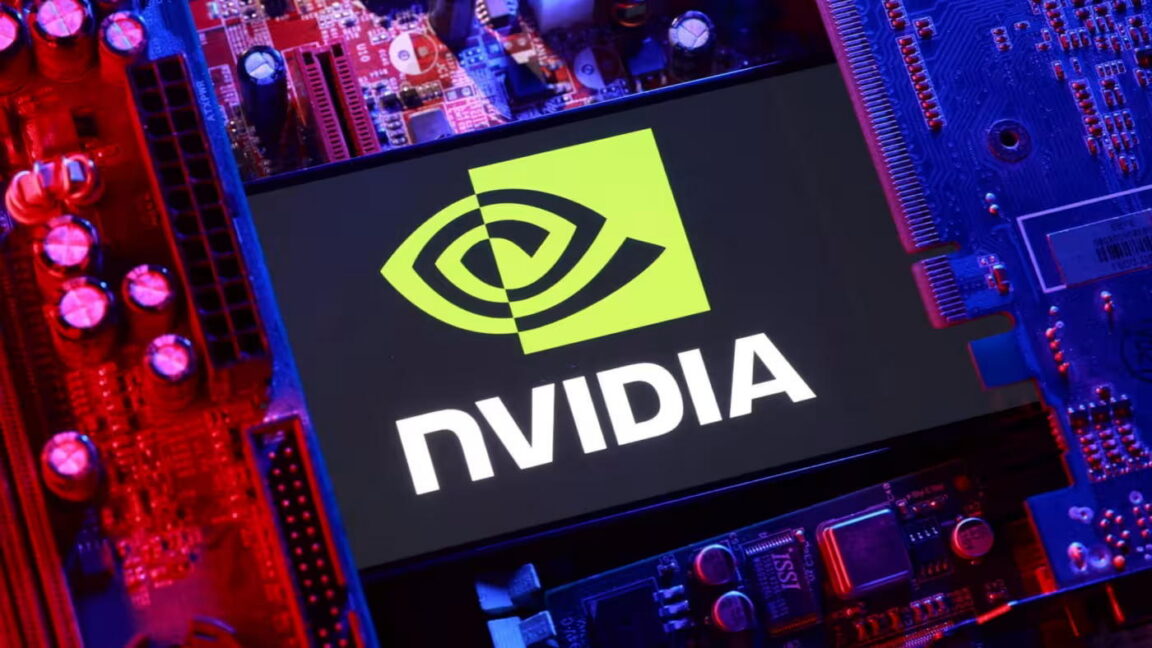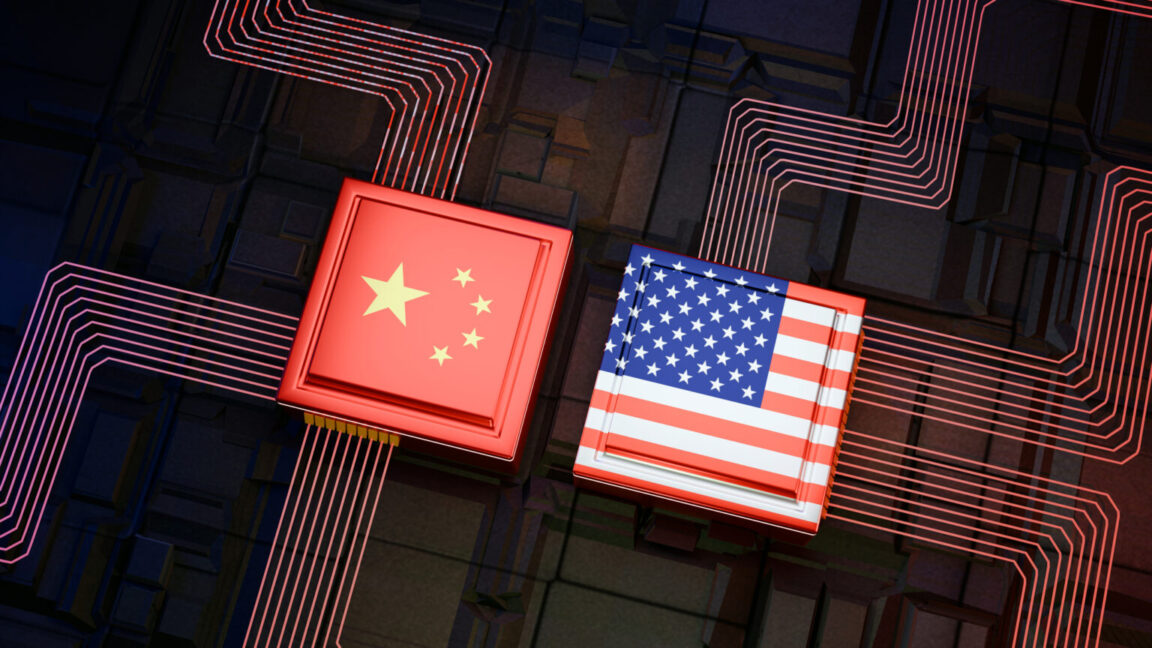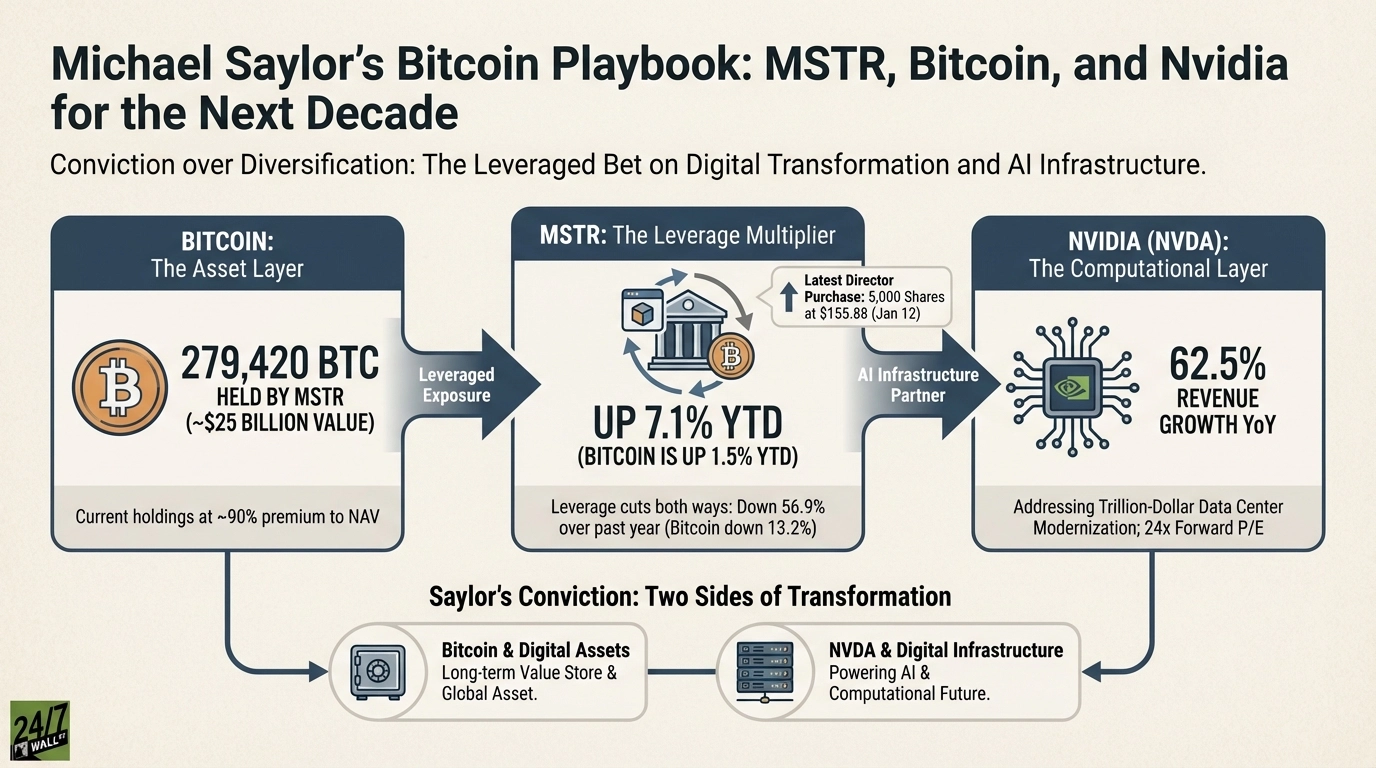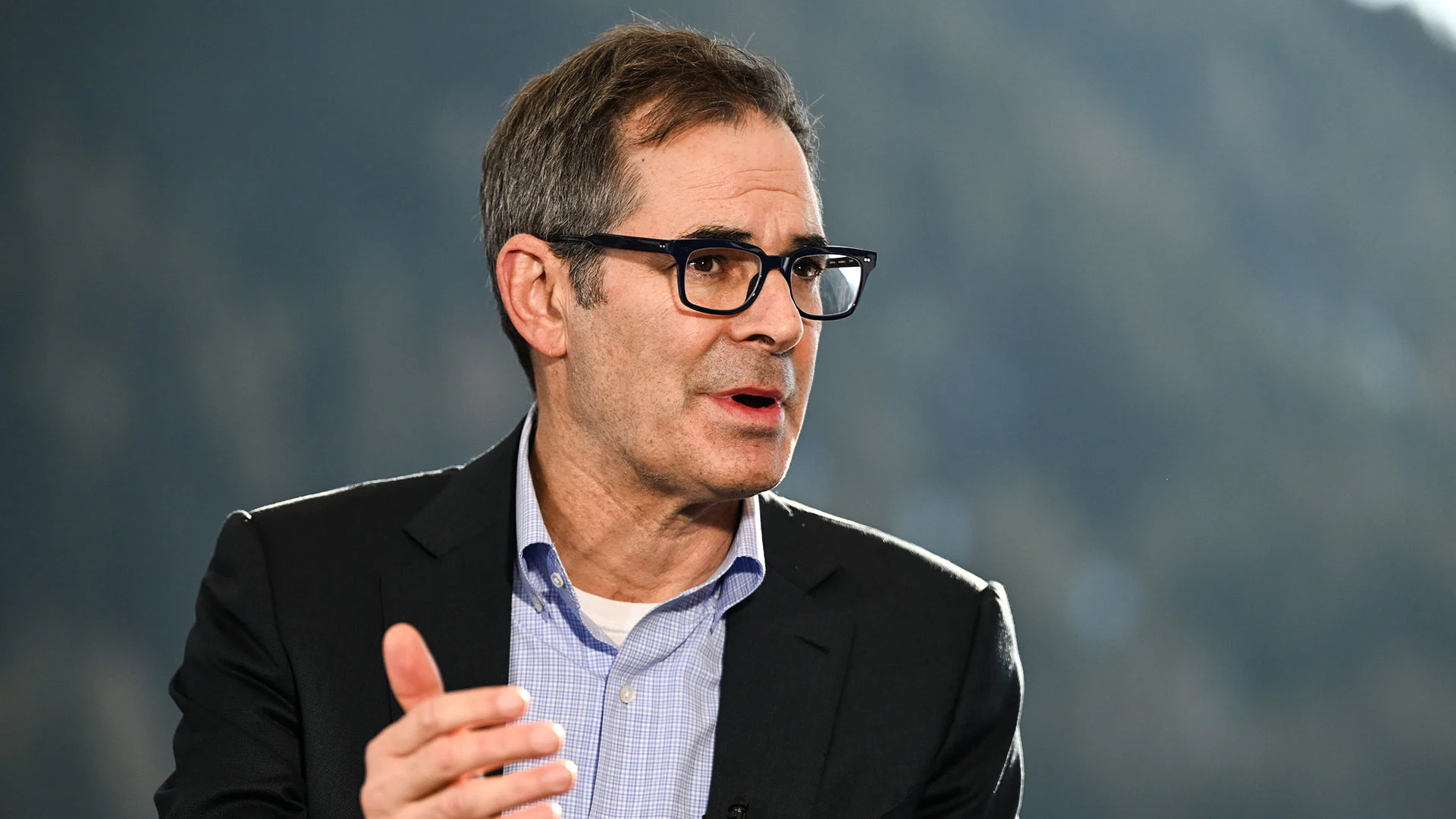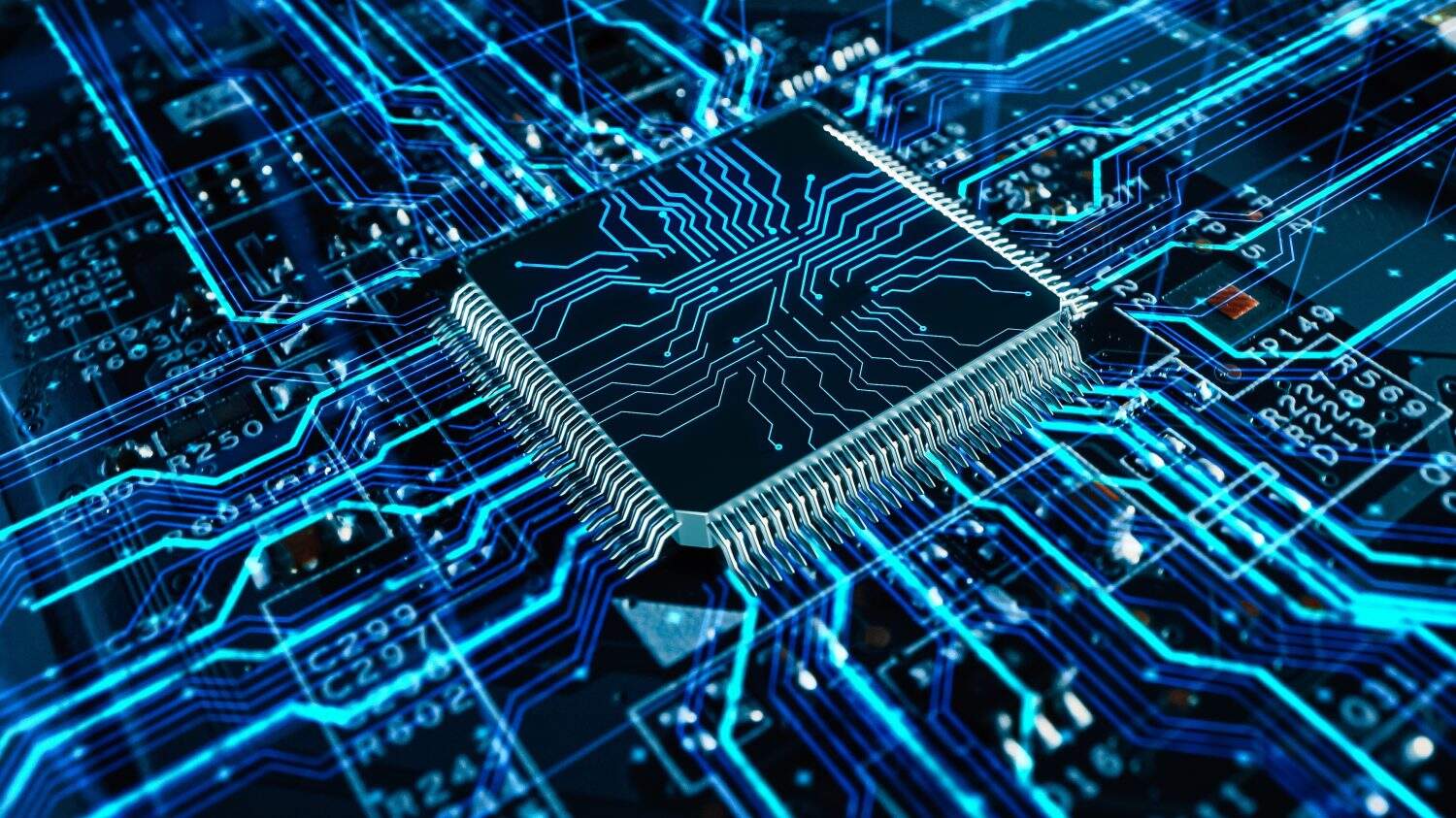#nvidia
#nvidia
[ follow ]
#ai-infrastructure #ai-chips #openai #investment #data-centers #gpus #meta #semiconductors #coreweave
from24/7 Wall St.
6 days agoThe Best Stocks to Buy with $1,000 in February: Why NVIDIA Is a Steal
NVIDIA's transformation is the business story of the AI era. What started as a gaming GPU company pivoted into accelerated computing at exactly the right time. The company went public in 1999, but the real inflection came when cloud companies realized GPUs could train AI models faster than anything else. By the time ChatGPT launched, NVIDIA had already built the CUDA software moat that made switching to competitors nearly impossible.
Artificial intelligence
fromBusiness Insider
1 week ago'Big Short' investor Michael Burry was an enigma, now he's an open book
You have a very nice haircut. Did you cut it yourself?' Michael Burry, played by Christian Bale, earnestly poses that question to a bewildered analyst in the movie 'The Big Short,' which chronicles the investor's massive bet against the mid-2000s housing bubble. The memorable scene is based on a misguided comment the real-life Burry once made, which he revealed in a comment on his Substack.
Business
fromwww.mercurynews.com
1 week agoNvidia shares go cold even as Big Tech spending on AI balloons
Big Tech keeps raising its spending plans for artificial intelligence infrastructure, yet shares of Nvidia Corp., one of the biggest beneficiaries of that flood of cash, have been largely stagnant for months. The stock is up less than 1% since the beginning of the fourth quarter and has been largely range bound despite hitting a record high in late October.
Artificial intelligence
from24/7 Wall St.
1 week agoThe Nvidia-China dance continues
The potential policy shift matters because Nvidia's H20 chip, designed specifically for the Chinese market, has been effectively shut out. The Commerce Secretary confirmed strict U.S. licensing terms for H200 AI chip exports to China, and Q2 FY26 results showed zero H20 sales to China due to export restrictions. That's billions in revenue left on the table for a company trading at 46.68x trailing earnings with a $4.63 trillion market cap.
Artificial intelligence
from24/7 Wall St.
3 weeks agoLive Nasdaq Composite: Markets Open By Embracing Risk, Shunning Uncertainty
The markets are a mixed bag in the first trading session of February as technology stocks reach a fork in the road. Bullish performance out of Oracle ( Nasdaq: ORCL) stock is being overshadowed by a declining Nvidia ( Nasdaq; NVDA) share price amid uncertainty around its OpenAI investment, damaging overall market sentiment to kick things off. Oracle has recaptured the spotlight as traders and investors cheer the legacy software giant's plans to pour $50 billion into AI-related capex.
Business
Artificial intelligence
from24/7 Wall St.
3 weeks agoNvidia's $100 Billion OpenAI Investment Plan Reportedly Hits Snag Amid Internal Concerns
Nvidia faces internal pushback over a proposed $100B investment in OpenAI, raising concerns about scale, return on investment, partnership dynamics, and investor sentiment.
Artificial intelligence
fromThe Motley Fool
3 weeks agoMeta's Mark Zuckerberg Just Predicted What's Next for AI (And It's Excellent News for Nvidia) | The Motley Fool
Nvidia's dominance in AI GPUs has driven massive revenue and a 1,300% five-year stock rise, with continued growth tied to large AI adopters like Meta.
from24/7 Wall St.
4 weeks agoTop AI Stock Performers of 2025 That Could Soar Higher in 2026
Artificial intelligence has been a growth driver for the economy, and AI stocks have become massive winners over the past two years. Some of these stocks have been hotter than the others, and one of the biggest beneficiaries is NVIDIA ( Nasdaq: NVDA). The company made the most of the AI boom, and its shares have skyrocketed over the last two years.
Artificial intelligence
Artificial intelligence
fromBusiness Insider
4 weeks agoLeaked emails show Bank of America's struggles with Nvidia AI: 'You have to help us as local car mechanics drive the race car!'
Bank of America struggled to deploy Nvidia's AI Factory due to operational and regulatory hurdles, exposing challenges for large regulated firms adopting enterprise AI.
Tech industry
from24/7 Wall St.
1 month agoNvidia's Unspoken Problem: 40% of Revenue Comes From Companies Developing Their Own AI Chips
Nvidia faces existential risk as hyperscalers build in-house inference chips and AMD offers lower-cost competitive alternatives, threatening the majority of the AI compute market.
Artificial intelligence
from24/7 Wall St.
1 month ago2026's Biggest AI Trends: Self-Driving Cars | TSLA, GOOGL, UBER, NVDA Stock
Vision-only autonomous driving, enabled by AI and GPUs, reduces cost and complexity, enabling large-scale deployment and driving massive demand benefiting platforms like NVIDIA.
fromThe Motley Fool
1 month ago3 No-Brainer AI Stocks to Buy Hand Over Fist for 2026 | The Motley Fool
At the CES 2026 show recently, management reiterated that demand for its Blackwell platform remains robust, even as its next-generation Vera Rubin systems are expected to roll out in the second half of 2026. Management said last quarter that Blackwell and Rubin are together supporting revenue visibility of roughly $500 billion through 2026. Of this, $150 billion in orders had already been shipped through the third quarter of fiscal 2026 (ending Oct. 26, 2025).
Artificial intelligence
fromAxios
1 month agoMAGA targets Brian Mast over AI chips regulation
"The AI Overwatch Act (H.R. 6875) may sound like a good idea, but when you examine it closely, it's pro-China sabotage disguised as oversight," Loomer said on X. "Kill the bill," she said. Driving the news: Sacks, the president's top adviser on crypto and artificial intelligence, opened hostilities Thursday night by retweeting a post that suggested Mast's bill - the AI OVERWATCH Act - would undermine the president. "Correct," Sacks posted on X.
Artificial intelligence
from24/7 Wall St.
1 month agoShould Tesla Robotaxi Bulls Fear NVIDIA and Waymo?
With the big robotaxi boom underway, it's not hard to imagine that Tesla ( NASDAQ:TSLA) shareholders are more than willing to pay up a premium price tag to get into the driver's seat of a company that may very well become one of the leaders in the emerging, lucrative market. Undoubtedly, there could be fierce competition in the field of autonomous vehicles (AV),
Artificial intelligence
fromGameSpot
1 month agoNvidia Ending RTX 5070Ti Production Amid RAM Price Crisis - Report
The ongoing RAM shortages and the associated increase in RAM prices are starting to affect other pieces of hardware that make use of fast memory. Graphics cards are especially susceptible, which has seemingly forced Nvidia to start discontinuing at least two 50-series cards that ship with 16GB of VRAM. A report by Hardware Unboxed states that several GPU manufactueres have designated both the RTX 5070Ti and the 16GB version of the RTX 5060Ti as "end of life," meaning that no new stock is being produced.
Gadgets
fromEngadget
1 month agoASUS has stopped producing the RTX 5070 Ti and 5060 Ti 16GB, saying they've reached 'end of life'
YouTube channel Hardware Unboxed is reporting that NVIDIA has "effectively" discontinued the RTX 5070 Ti and 5060 Ti 16GB due to the ongoing memory crunch. In its most recent video, the channel states ASUS "explicitly" told it the RTX 5070 Ti is "currently facing a supply shortage." As a result, the company has "placed the model into end of life status," and no longer plans to produce it.
Gadgets
Artificial intelligence
from24/7 Wall St.
1 month agoNVIDIA's Vera Rubin is in Full Production, Says Jensen Huang. Time to Get Bullish?
Nvidia faces persistent supply constraints amid surging AI demand, implying robust near-term GPU growth but meaningful risk of future oversupply and investor skepticism.
[ Load more ]
